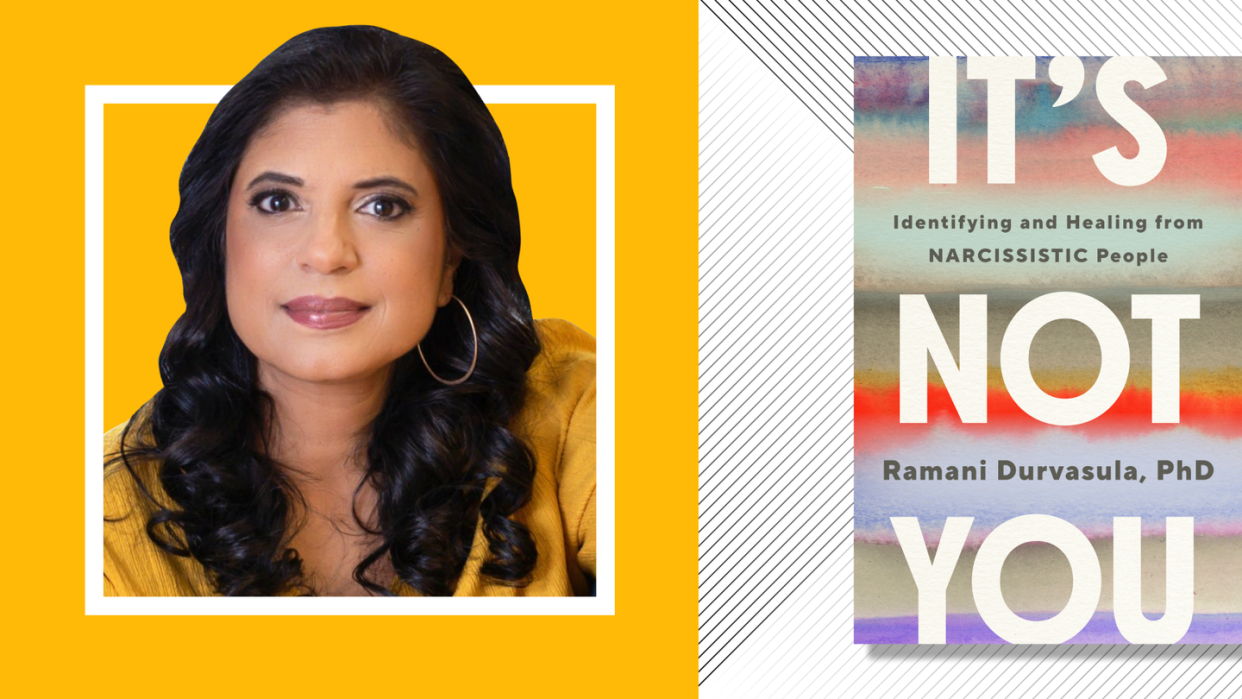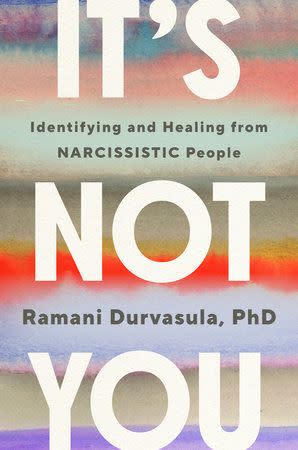How to Become Narcissist-Resistant

Healing from a relationship with a narcissist is an act of resistance, defiance, and rebellion. It isn’t just about getting past a broken heart, toxic divorce, parental estrangement, or toxic boss. It is about a shift in your psychology and worldview. Healing is about spotting a gaslighter before they dismantle reality. Healing means that you see narcissistic patterns clearly and don’t think that this time will be the exception. It is about giving yourself permission to say “No,” and not just to the narcissistic folks who already riddle your life, but to the ones you still haven’t met.
If you’ve ended a relationship with a narcissist, you might live with a looming fear: What if this happens to me again? The truth is it will happen again. The ubiquitous nature of the narcissistic personality style and the fact that society rewards it means that you will continue to encounter it—in potential partners, friends, and colleagues. As you heal and collide with these patterns again, it can reactivate the fallout of past narcissistic abuse. The key to healing is to grow and flex the psychological muscle that helps you recognize these toxic people and patterns as they come up, and instead of trying to change them, to manage them. Here’s how to listen to your instincts and establish protective boundaries.
Lean into solitude
Finding solace in solitude is a big part of healing from narcissistic abuse and becoming narcissist-resistant. Before all of you extroverts out there push back, let’s break this down. Often, the reason narcissistic people have power is that many of us are afraid to be alone. The self-blame and confusion created by narcissistic abuse can make being alone very difficult. But solitude is a critical healing space. It isn’t about isolation; it’s about holding space for yourself and scaling back your tendencies toward excessive caregiving, one-sided compromise, and personal censorship for a minute. Solitude is where we find our voice.
I once worked with a woman who was white-knuckling it through periods of solitude after a 40-year marriage to a narcissistic man. She learned to reflect on how she didn’t feel on edge anymore, or let down because once again he hadn’t come home and the dinner she painstakingly made had gone to waste. Instead, she reflected on the healing that came from being able to laugh out loud at a TV show she wanted to watch without feeling judged. Solitude was where she finally, at age 65, learned who she was and what she liked because she wasn't putting another person’s needs first.
To become narcissist resistant, it is important to reclaim the parts of yourself that you lost to your relationship. Some of that is becoming so comfortable with solitude that you are more discerning about whom you spend your time with. After years of having your identity shaped by a narcissistic person, this can be terrifying. But when solitude becomes a meaningful alternative, toxic people lose ground in your life.
Aim for good enough
Perfectionism is a defense and coping strategy for most survivors of narcissistic abuse who hold the eternal hope that if you could get yourself or the relationship “just right,” then everything would be better. It can also be a form of self-sabotage (I can’t submit this work memo unless it is perfect). When you try to be perfect, you are still playing to the narcissistic person’s grandiose obsession with perfection. Try for “good enough” instead, a place where you acknowledge that what you did is fine. The laundry may be done but not ironed, the office may be a mess but the bills got paid, the cupcakes can be store-bought. Striving for good enough is a key to healing. Once you radically accept and realize that you are no longer trying to do the impossible—getting it “just right” for someone else—you can pull back on this unhealthy standard.
Practice mindfulness
When you are meeting new people, breathing and being present with yourself and in the moment allows you to be more discerning, to experience what is unfolding in front of you. The more present you can make yourself, the better you are at detecting unhealthy patterns and protecting yourself.
Practicing mindfulness doesn’t need to be fancy. Try a simple exercise where you identify the following (and keep a little snack around for the last step): five things you can see, four things you can hear, three things you can touch and feel, two things you can smell (keep a candle or scented oils nearby), and one thing you can taste.
As you do this exercise, breathe deeply. Doing this once a day slows your mind down and can be especially useful if you are having a difficult interaction or are coming out of one. You can use this tool anytime you need to recalibrate your focus.
Another mindfulness exercise that can ground you is describing a space you are in with tremendous detail. Pay attention to the light, the sounds, the smells, the objects—where they are, what they look like. This can be useful to do in real time as well as if you are feeling uncomfortable in an interaction with a difficult person. (And if you are stuck in a car with a raging narcissist, focus on the landscape outside the window.)
Let in joy
Remember joy? If you’ve been in a narcissistic relationship long enough, you may not. Narcissistic relationships are joy stealers: While you are in them, happiness, safety, and comfort are lacking, and you expend most of your psychological energy trying to avoid threats. Joy has to be on the narcissistic person’s terms, and if they are having a bad day, so is everyone else. Allowing yourself to experience joy is a highly effective form of narcissist resistance and defiance. And it isn’t about artificial positivity or listing what you are grateful for.
For all the time you spent monitoring the narcissistic person’s every mood and need, becoming narcissist-resistant means training yourself to relish joy that comes your way. Finding it in a small moment—a bright red sunset, a delicious ice cream cone, hummingbirds outside your window—and not having it stolen reminds you that life holds more beauty and hope than you thought.
At first, you may experience “joy guilt” at the idea of doing something as forbidden as experiencing delight after a lifetime of being shamed for laughter or happiness. Then there is “joy regret,” where you realize how much you missed after so many years of trying to eke out safety and survival. Experiencing joy is an act of defiance if you’ve experienced narcissistic abuse. I liken it to letting in some light after you have been sleeping in the dark. You squint for a minute, but as time goes on, you become more practiced at seeking it out. Find those moments of wonderment, joy, and goodness, and allow them to envelop you.

It's Not You by Ramani Durvasula, PhD
penguinrandomhouse.com
$29.00
From It's Not You, by Ramani Durvasula, PhD, an imprint of Penguin Publishing Group, a division of Penguin Random House, LLC. Copyright © 2024 by Dr. Ramani Durvasula.
You Might Also Like

